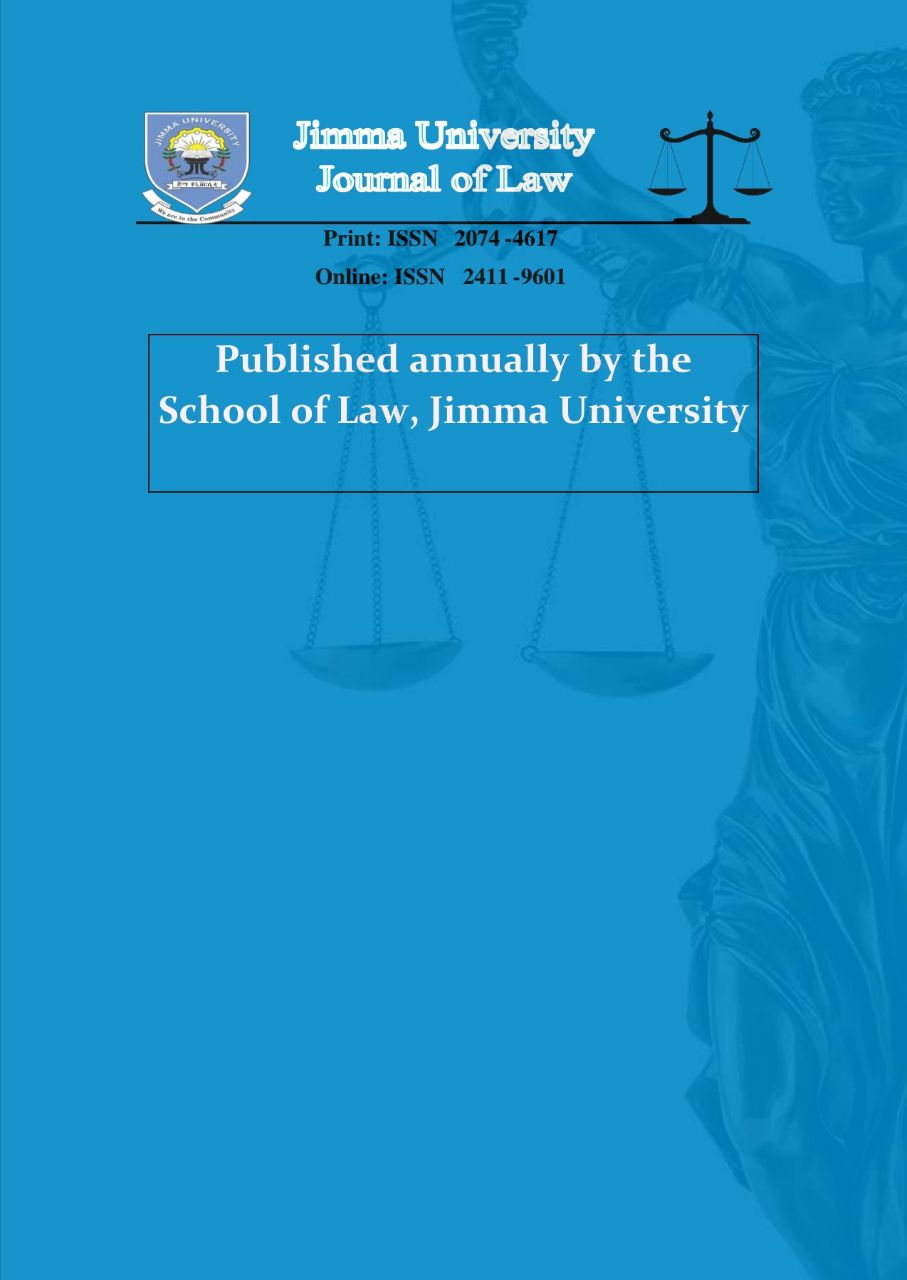Registration of Value added tax in Ethiopia: an appraisal of the practice in Debre-markos, Finote selam and Motta towns
Abstract
VAT (Value Added Tax) registration is the primary concern in the VAT administration system for any country in the world. Appropriate registration of traders who fulfilled the legal requirements is a crucial point for the implementation of VAT laws. The justification for the researcher to conduct this research was, on one hand, the existences of many unlawful VAT-registered persons in the study area. On the other hand, there are larger numbers of VAT unregistered traders while they should have been registered which in turn results from unfair competition among traders. Besides, the high compliant cost of VAT registration coupled with a lack of awareness on the benefits of VAT registration results from complicated problems of VAT registration. The principal objectives of this research were to examine reasons for refusals of traders for VAT registration and to explore the factors that contribute to the weak enforcement of VAT laws. In doing this, the study employed qualitative research approaches so that it was devoted an in-depth analysis of laws and practical examination. The research relied on both primary and secondary data to gather the necessary information. Interviews, FGD (Focus Group Discussion) and legal analysis were part of primary data gathering tools. The finding of the research revealed that there are so many reasons for the refusal of VAT registration. Among other things, the high compliance cost and the complexity of the input VAT refunding system are the basic reasons for traders to be reluctant to get registered as VAT collectors. On top of that, there is always a fear of administrative and criminal liability on the side of traders. The study area is full of corruption so that there are enormous traders who failed to register for VAT though actually, they fulfilled the legal requirements. Conversely, there are also enormous traders who registered without qualifying the requirements set under VAT laws. Moreover, the research found that the threshold requirement is fair, but the rate is unfair for traders. The gap between ToT (Turn over Tax) and the VAT rate is quite different so that it affects competition. Finally, the study ends by providing possible solutions that may serve as inputs for tax authority and policymakers to re-design the VAT laws and its enforcement framework in Ethiopia. Inter alia, the researchers recommend a reduction of the VAT rate from fifteen percent, easing the compliance cost of VAT administration, creation of awareness about the benefit of VAT and staffing offices of revenue with disciplined and skilled personals.




